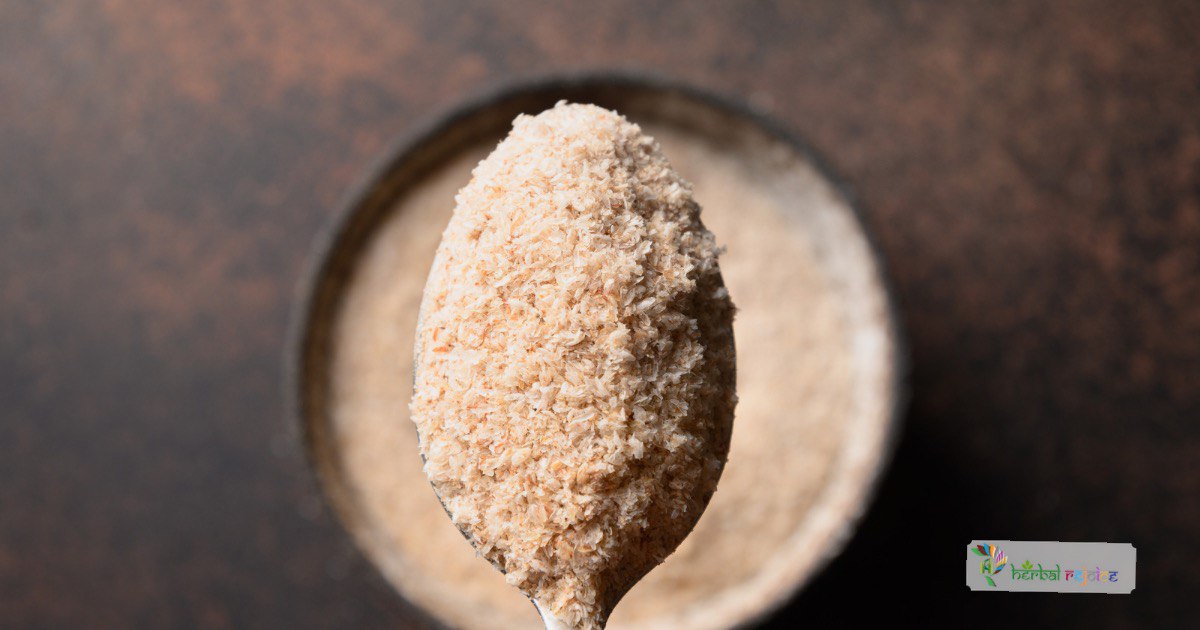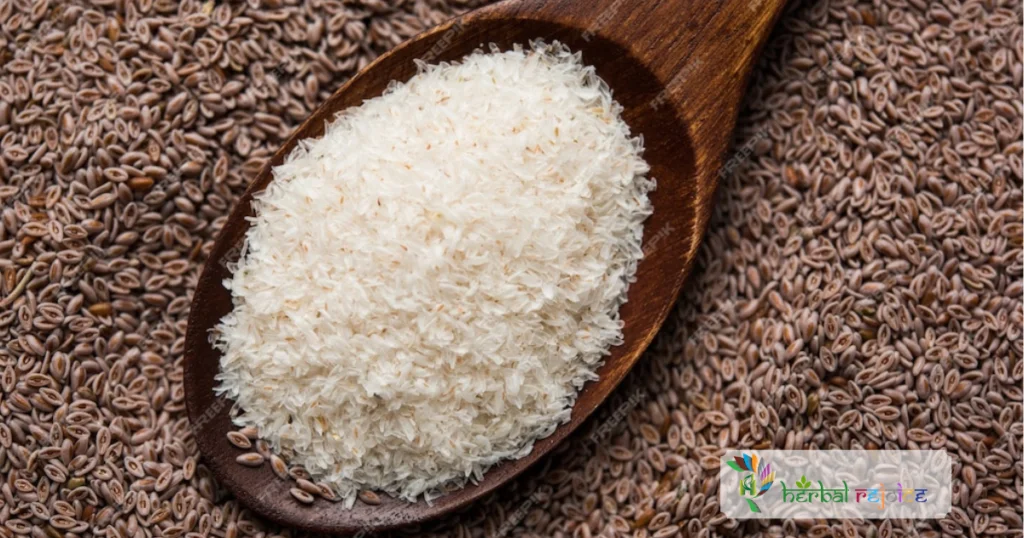Introduction
Isabgol (Plantago ovata Forsk), also known as Ispaghula or Blond Psyllium, belongs to the Plantaginaceae family. This plant is known for its numerous medicinal properties. The seeds and husk of Plantago ovata have laxative, diuretic, demulcent, bechic, and cholinergic actions. They are commonly used to treat constipation and inflammatory conditions of the mucous membranes of the gastrointestinal and genitourinary tracts, chronic amoebic and bacillary dysentery, and hypercholesterolemia.
Names and Habitat Of Isabgol
It is cultivated in certain parts of Rajasthan and Maharashtra. In Ayurveda, it is known as Ashvagola or Ashwakarna (also associated with Shorea robusta).
In Unani, it is called Aspaghol, while in Siddha/Tamil, it is known as Isapppa. Folk traditions refer to it as Isabgol.
Applications Of Isabol
One of the key applications of Plantago ovata is in the management of chronic constipation and irritable bowel syndrome. The German Commission E and the World Health Organization (WHO) recommend its use in cases of constipation due to duodenal ulcer or diverticulitis.
The German Commission E also noted that Blond Psyllium seed can help lower serum cholesterol levels. Additionally, it has been shown to slow sugar absorption, thereby reducing blood glucose levels.
There is also evidence that the use of Blond Psyllium husk for up to six months does not have any negative effects on vitamin or mineral status or the absorption of calcium.
Chemical Composition Of Isabgol
The seeds of Plantago ovata contain various amino acids such as valine, alanine, glutamic acid, glycine, cystine, lysine, leucine, and tyrosine. They also contain a mucilage composed mainly of xylose, arabinose, and galacturonic acid, with rhamnose and galactose also present.
The seeds also contain aucubin, which has antibacterial properties. The seed coat of Plantago ovata contains fatty acids, predominantly linoleic, oleic, and palmitic acids. Studies have shown that the seeds have a liver protective effect and can help prevent hepatotoxicity in mice.
In China, the plant is used in the clinical treatment of certain types of hepatitis due to its aucubin content.

Dosage Of Isabgol
The recommended dosage of Plantago ovata husk is 5-10 grams.
Conclusion
In conclusion, Plantago ovata, commonly known as Ispaghula or Blond Psyllium, is a plant with various medicinal properties. It is widely used in traditional medicine systems like Ayurveda, Unani, Siddha/Tamil, and folk medicine.
Its seeds and husk have been found to have laxative, diuretic, demulcent, bechic, and cholinergic actions. It is commonly used to treat inflammatory conditions of the gastrointestinal and genitourinary tracts, chronic dysentery, and hypercholesterolemia.
It can also help manage chronic constipation and irritable bowel syndrome. The plant’s seeds contain amino acids, mucilage, and fatty acids, and have been shown to have antibacterial and liver protective effects. The recommended dosage of the husk is 5-10 grams.
Frequently Asked Questions(FAQs)
What is Plantago ovata?
Plantago ovata, also known as Ispaghula or Blond Psyllium, is a plant that belongs to the Plantaginaceae family.
What are the medicinal properties of Plantago ovata?
The seeds and husk of Plantago ovata have laxative, diuretic, demulcent, bechic, and cholinergic actions.
How is Plantago ovata used in traditional medicine?
Plantago ovata is used in traditional medicine systems like Ayurveda, Unani, Siddha/Tamil, and folk medicine.
What conditions can Plantago ovata be used to treat?
Plantago ovata is commonly used to treat inflammatory conditions of the gastrointestinal and genitourinary tracts, chronic amoebic and bacillary dysentery, and hypercholesterolemia.
Can Plantago ovata be used for constipation?
Yes, Plantago ovata is commonly used in the management of chronic constipation and irritable bowel syndrome.
Are there any recommendations from health organizations regarding the use of Plantago ovata?
Yes, the German Commission E and the World Health Organization (WHO) recommend the use of Blond Psyllium seed in cases of constipation due to duodenal ulcer or diverticulitis.
Can Plantago ovata help lower cholesterol levels?
Yes, the German Commission E noted that Blond Psyllium seed can help lower serum cholesterol levels.
Does Plantago ovata have any effect on blood glucose levels?
Yes, it has been shown that Plantago ovata can slow sugar absorption, thereby reducing blood glucose levels.
Are there any negative effects on vitamin or mineral status or calcium absorption when using Plantago ovata?
Studies have shown that the use of Blond Psyllium husk for up to six months does not have any negative effects on vitamin or mineral status or the absorption of calcium.
What are the nutritional components of Plantago ovata seeds?
The seeds of Plantago ovata contain various amino acids such as valine, alanine, glutamic acid, glycine, cystine, lysine, leucine, and tyrosine.
What is the mucilage composition of Plantago ovata seeds?
The mucilage of Plantago ovata seeds is composed mainly of xylose, arabinose, and galacturonic acid, with rhamnose and galactose also present.
Does Plantago ovata have any antibacterial properties?
Yes, the seeds of Plantago ovata contain aucubin, which has antibacterial properties.
What fatty acids are present in the seed coat of Plantago ovata?
The seed coat of Plantago ovata contains fatty acids, predominantly linoleic, oleic, and palmitic acids.
Does Plantago ovata have any liver protective effects?
Studies have shown that the seeds of Plantago ovata have a liver protective effect and can help prevent hepatotoxicity in mice.
Can Plantago ovata be used in the treatment of hepatitis?
In China, the plant is used in the clinical treatment of certain types of hepatitis due to its aucubin content.
What is the recommended dosage of Plantago ovata husk?
The recommended dosage of Plantago ovata husk is 5-10 grams.
Can Plantago ovata be used for other conditions?
Yes, Plantago ovata has been used for other conditions such as cough (bechic action) and urinary tract infections (diuretic action).
Where is Plantago ovata cultivated?
Plantago ovata is cultivated in certain parts of Rajasthan and Maharashtra.
What are the traditional names of Plantago ovata in different medicinal systems?
In Ayurveda, it is known as Ashvagola or Ashwakarna. In Unani, it is called Aspaghol, while in Siddha/Tamil, it is known as Isapppa. Folk traditions refer to it as Isabgol.
Are there any side effects or precautions when using Plantago ovata?
While Plantago ovata is generally considered safe, some people may experience allergic reactions. It is best to consult a healthcare professional before using it, especially if you have any underlying medical conditions or are taking other medications.


